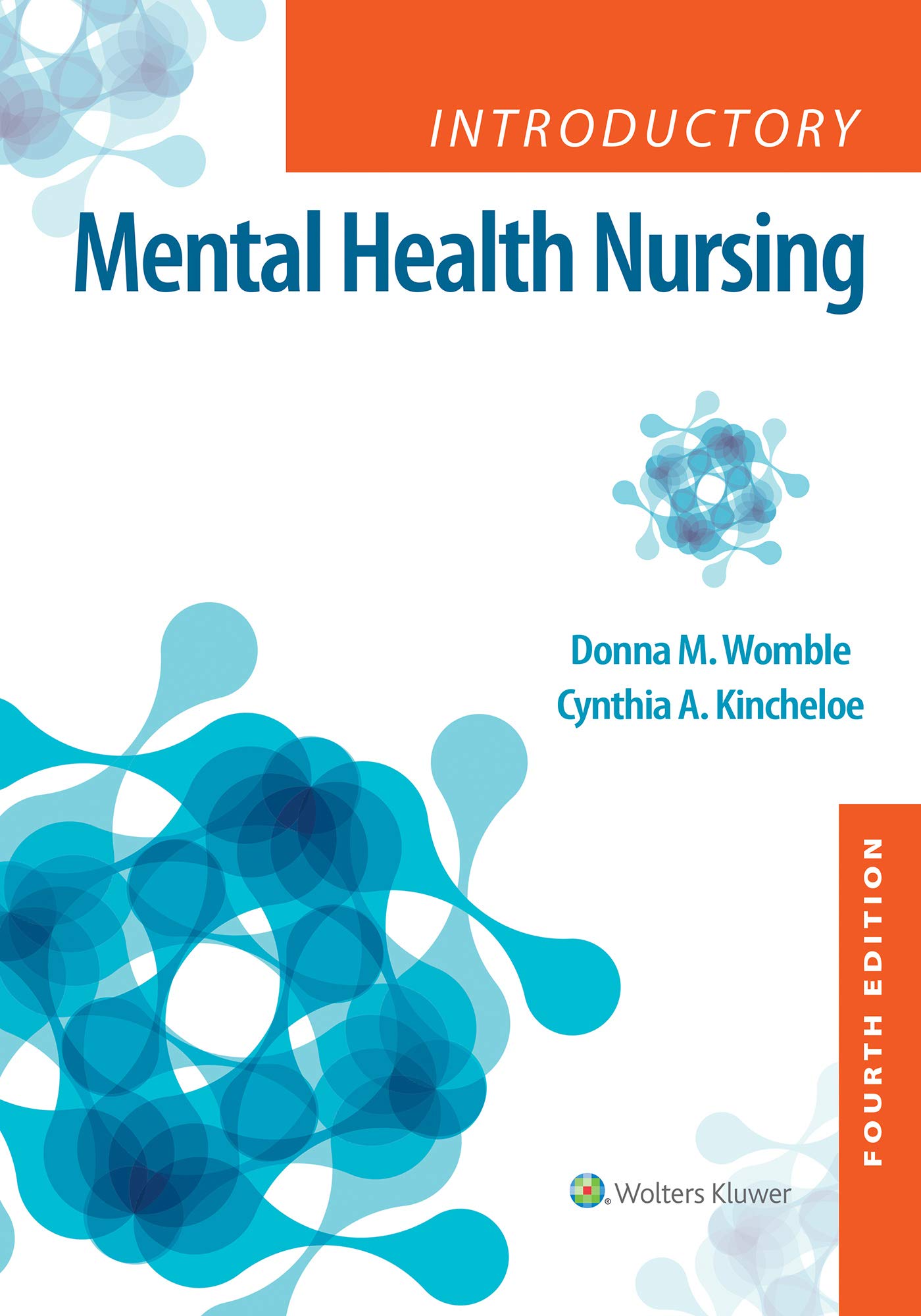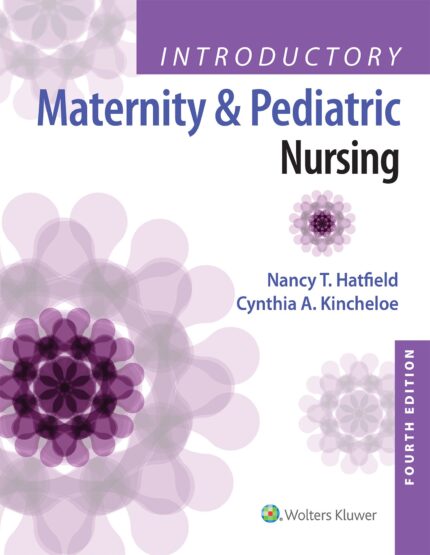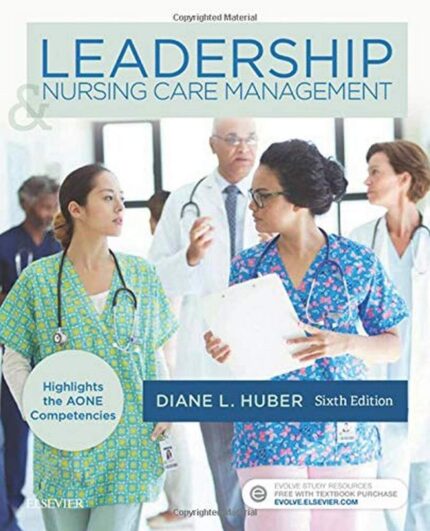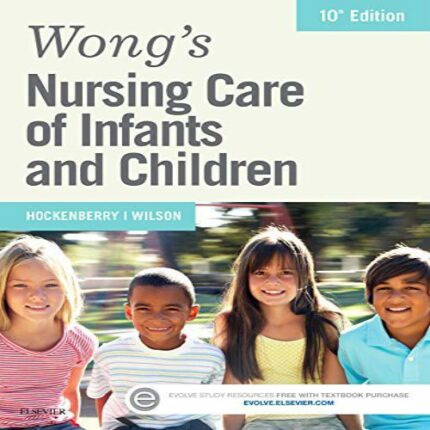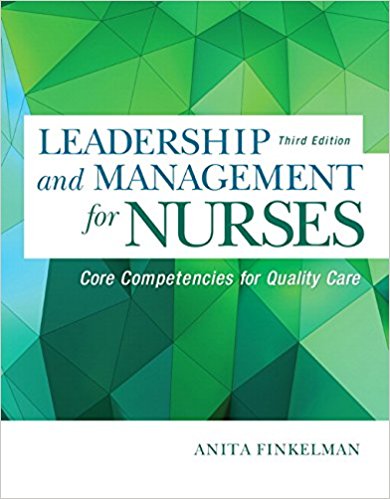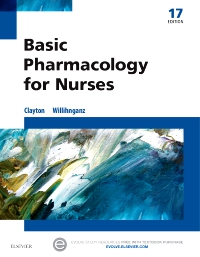Test Bank for Introductory Mental Health Nursing 4th Edition Womble Kincheloe
Test Bank for Introductory Mental Health Nursing 4th Edition by Womble Kincheloe
Introductory Mental Health Nursing 4th Edition by Womble Kincheloe – Test Bank
ntroductory Mental Health Nursing 4th Edition by Womble
Introductory Mental Health Nursing 4th Edition
ISBN-10:1975103785
ISBN-13:9781975103781
Introductory Mental Health Nursing 4th
EditionWomble Kincheloe Test Bank
Chapter 1 Mental Health and Mental Illness
1. When studying mental health and mental illness, the student nurse learns
that which of the following is evidence of our mental health?
A) Our ability to function well with others
B) Our ability to defend what we believe
C) Our ability to perform demanding tasks
on the job
D) Our ability to defend those weaker than
we are
2. A mental health nurse is teaching a class in anger management. She teaches
the patients that recognizing what triggers their anger response allows them
to do which of the following?
A) Manipulate the situation to get what you
want
B) Stand up for ones beliefs against the
cultural beliefs of a community
C) Gives them the opportunity to gain
control of their anger
D) Control the things that trigger their
anger
3. Which of the following are factors that could be part of a persons cultural
identity? (Select all that apply.)
A) Common family customs
B) Common language
C) Common stressors
D) Gender
E) Adaptive resources
4. What would a culturally competent nurse know that some cultural and
ethnic groups feel that mental illness is caused by?
A) Demon possession
B) Pretense
C) The stars
D) Hypnosis
5. A staff educator is discussing stress and its impact on a disease process,
whether it is physical or mental. What would be the best statement about
stress that the educator could give?
A) Stress can be prostress or distress.
B) Stress can never enhance the feeling of
well-being.
C) Stress can be either physically or
emotionally exhausting, but not both.
D) Distress is actually harmful to ones
health.
6. A patient comes to the clinic to see the Mental Health Nurse Practitioner.
The patient states, I seem to be miserable and upset all the time. My
marriage is crumbling because my wife refuses to understand how I feel.
What does the nurse practitioner understand about the factors contributing
to the patients stress?
A) Internal situations often make us
miserable and upset
B) External situations often make us
miserable and upset
C) We choose to make ourselves miserable
and upset
D) We choose to live with chronic stress
7. As a mental health nurse, you know that when a person feels insulted,
mental images of resentment and animosity may be formed. These images
generate what?
A) The need to fight back
B) The need to change their behavior
C) The need to project blame onto the other
person
D) The need to manipulate the situation
8. Mental health nurses know that stress management is an important part of
patient care. What is one way a mental health nurse could help the patient
cope with stress?
A) Teach mentalization
B) Teach hypnosis
C) Teach imagination
D) Teach visualization
9. To help patients deal with their stress, nurses must also learn to cope with
their own. Which of the following is an adaptive coping strategy that might
be used by the nurse?
A) Reframing
B) Mediation
C) Asset training
D) Mental blocking
10. An 18-year-old college student is very anxious about auditioning for the
schools famous chorale. Which of the following ways of dealing with this
anxiety would the nurse recognize as being maladaptive?
A) Arranging for voice lessons
B) Practicing the songs used in the audition
C) Going to a concert
D) Singing with a group of friend

